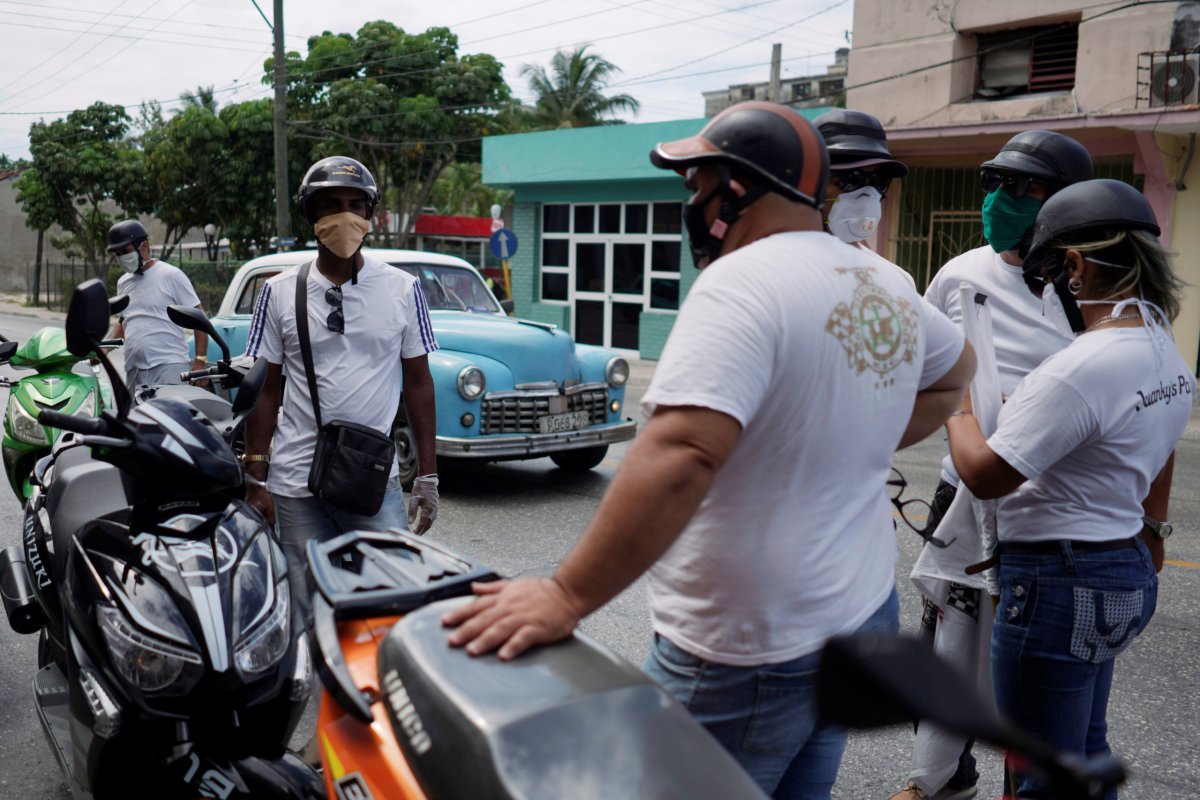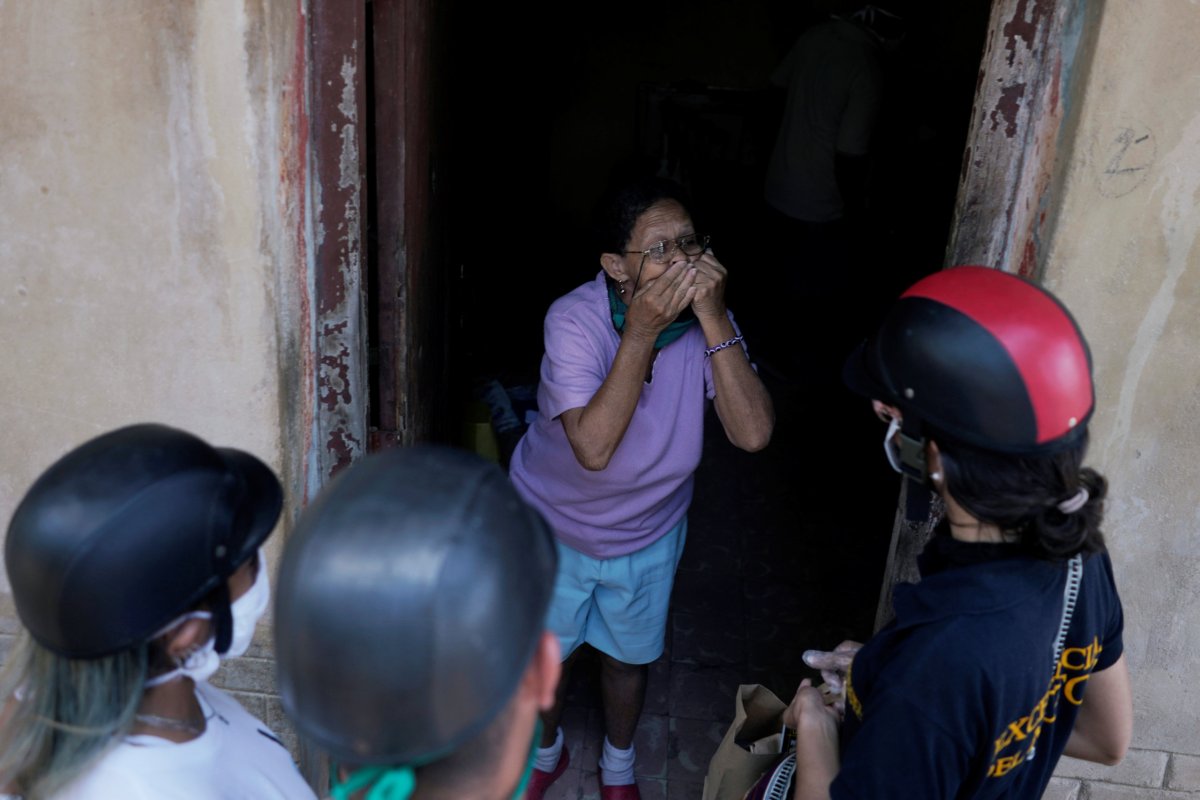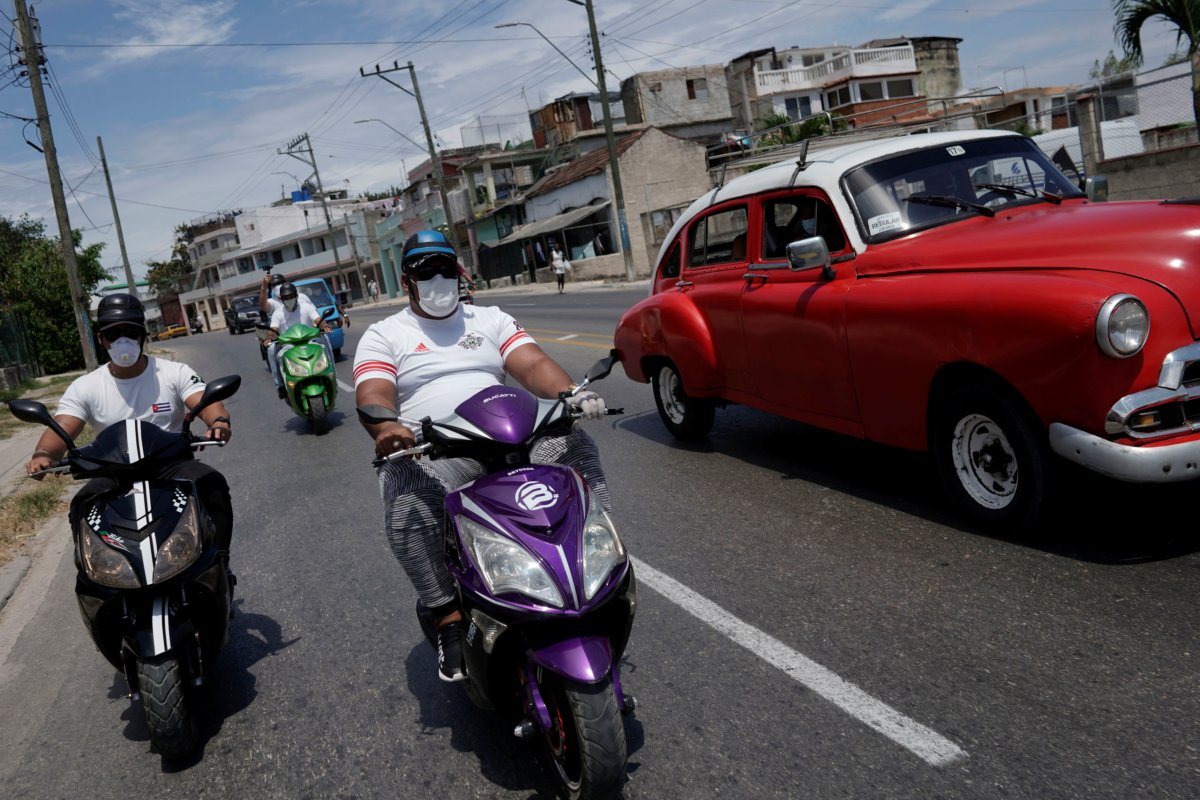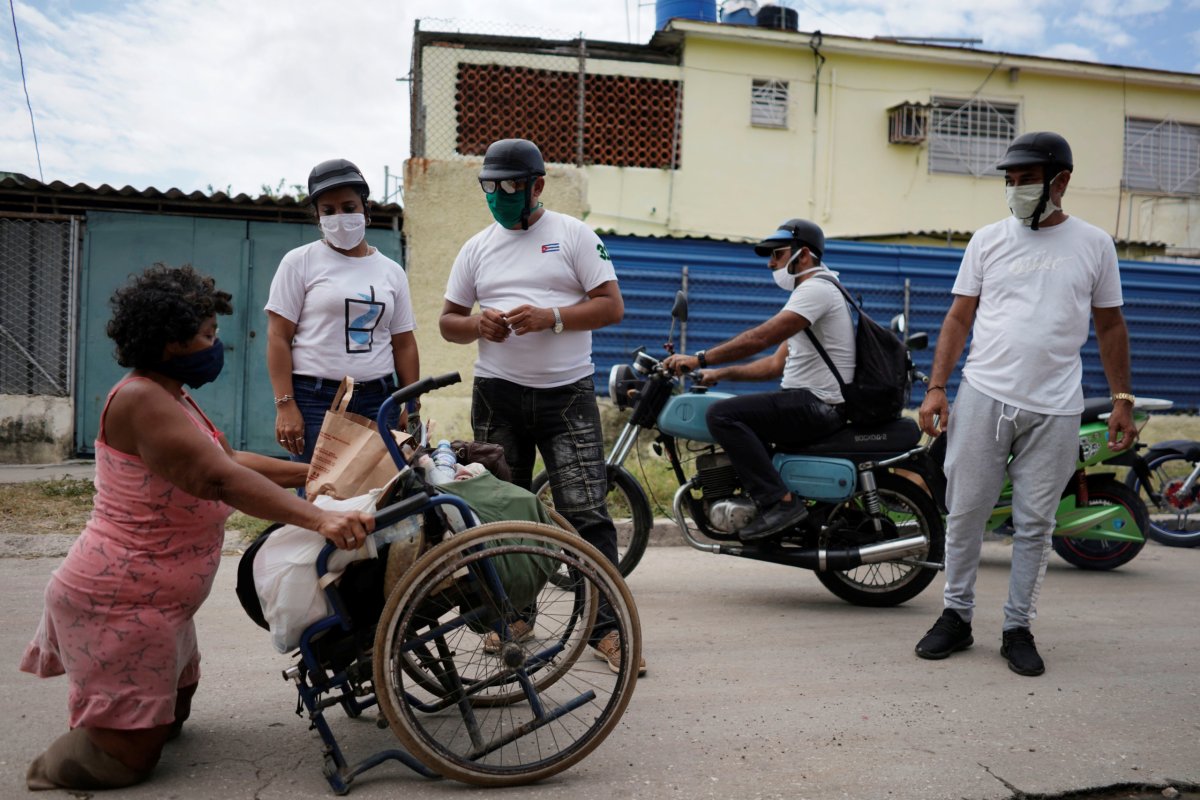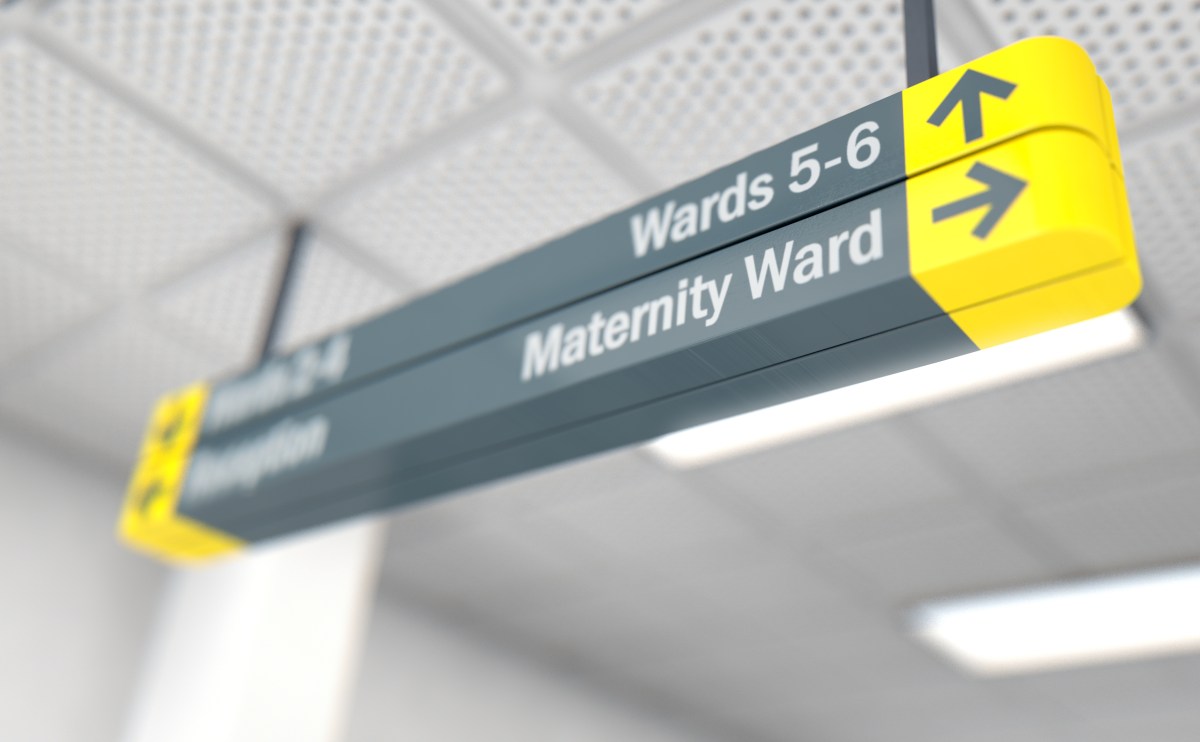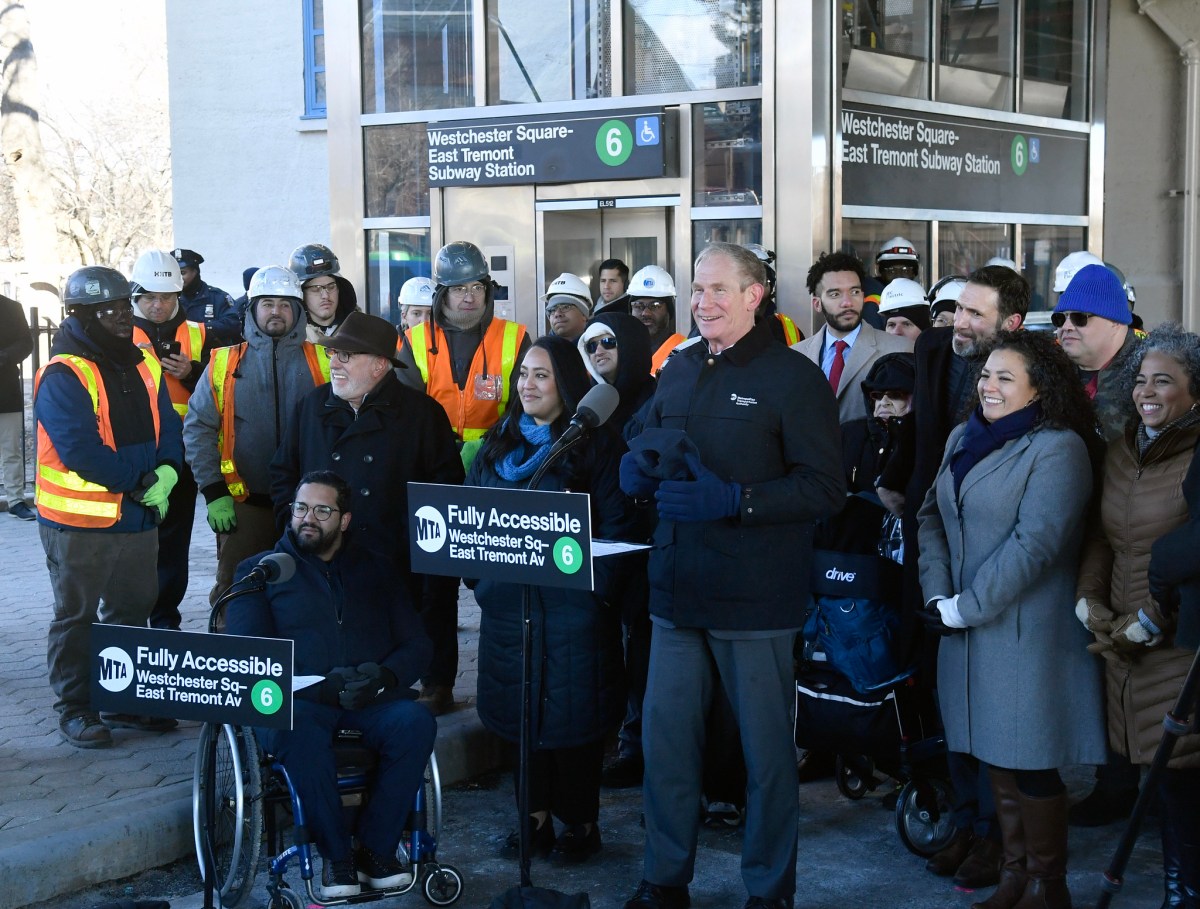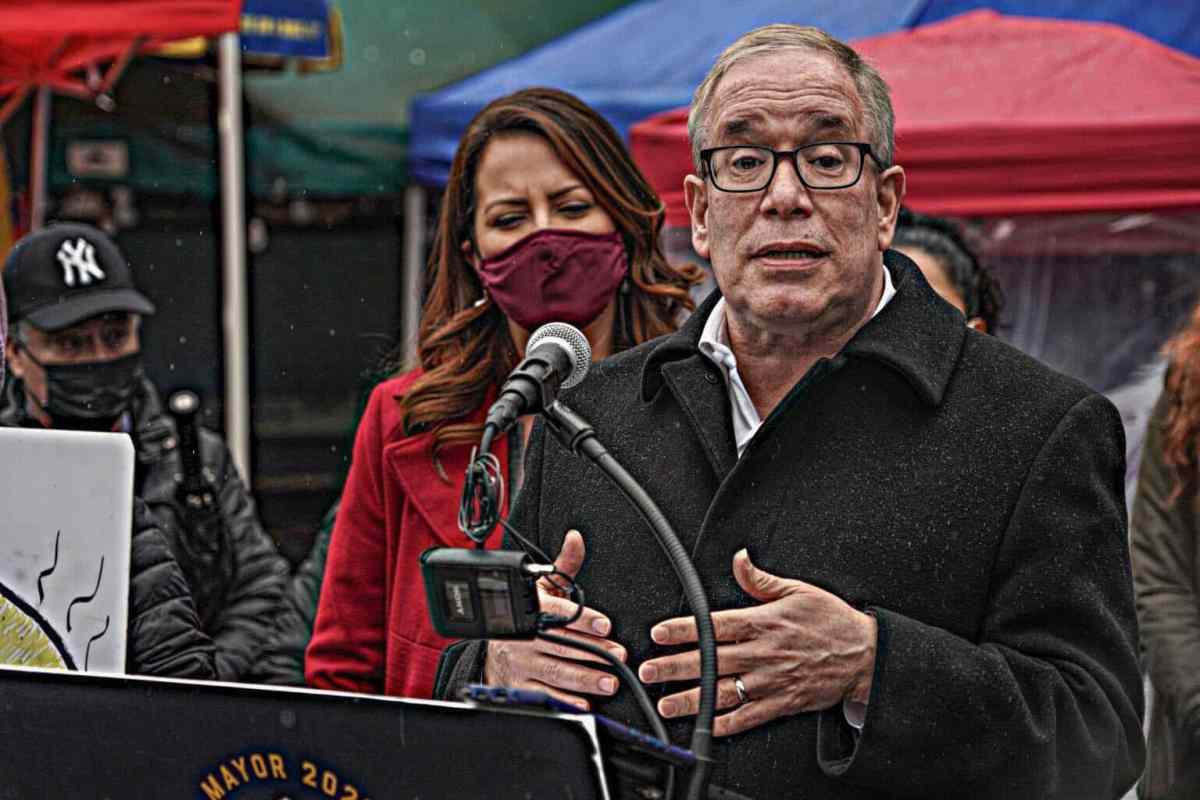HAVANA (Reuters) – Upmarket restaurants are delivering free meals to the elderly, while a fashion firm donates face masks. A business consultancy calls on its clients to donate hygiene products and artisanal soap shops gift their wares to low income households.
In Communist-run Cuba, the fledging private sector is rushing to set up solidarity initiatives for those most vulnerable to the coronavirus outbreak, demonstrating the state no longer has a monopoly on helping the neediest.
Sometimes the two are even joining forces to combat the common invisible enemy.
Saverio Grisell, the Italian co-owner of restaurant Bella Ciao, which usually teems with expats, tourists and affluent Cubans, says he discussed how he could help with the local Committee for the Defense of the Revolution (CDR).
“The president of my CDR gave me a list of 29 elderly people and I decided to give them a meal for free every day,” he said.
Cuba, which has so far confirmed 269 cases of the new virus, has one of the oldest populations in Latin America. The virus appears to be particularly deadly for the elderly, who throughout are the world are seeking ways to stay safely at home rather than go outside and risk contagion.
The CDR now helps Bella Ciao deliver its pizzas and pastas directly to the homes of the elderly.
“It’s a small gesture of solidarity,” Grisell said, noting that it paled in comparison with the help Cuba sent to his home country of Italy last month in the form of medical staff.
Cuba has also long provided subsidized food at eateries for the elderly nationwide, and is now dishing out free meals for those on low incomes.
“It’s admirable,” said Ines Perez, 75, digging into a plate of donated Bella Ciao spaghetti. “Let’s hope everyone comes onboard and cooperates in the same way to overcome this difficult moment.”
SOLIDARITY: A CUBAN VALUE AND GOOD POLITICS
Private restaurants, bed-and-breakfasts, beauty salons, gyms and shops have flourished in Cuba since former President Raul Castro started inching open the economy with market style reforms a decade ago.
However, fears those reforms went too far and have fostered too much inequality have prompted a crackdown in recent years on the sector, which now employs around 600,000 people.
As such, Cuban private businesses likely demonstrate more solidarity than elsewhere not just because it is a value embedded in the culture but also “because it is good politics to exhibit a ‘socialist’ or ‘cooperative’ orientation,” according to Cuba expert Ted Henken at Baruch College in New York.
Whatever their motivation, the solidarity initiatives are going down well – state-run website Cubadebate even did an article on the Bella Ciao project – and show no sign of abating as the number of coronavirus cases slowly mounts.
These days, for example, fashion brand Dador is putting its sewing machines to an altogether different task than their usual one of conjuring up limited edition garments for the runway and its Old Havana store.
Now they are making face masks out of colorful and often patterned cloth.
Co-founder Lauren Fajardo said they had already collaborated with one group that provides assistance to the elderly, donating 160 masks.
“We’d like to focus on getting people masks who need them most,” she added. “Elderly people for example, people in neighborhoods that are very crowded and those who don’t have the option to just stay home because they have to work or find food.”
(Reporting by Sarah Marsh and Rodrigo Gutierrez in Havana, Additional Reporting by Nelson Acosta, Nelson Gonzalez; Editing by Daniel Flynn and Rosalba O’Brien)

